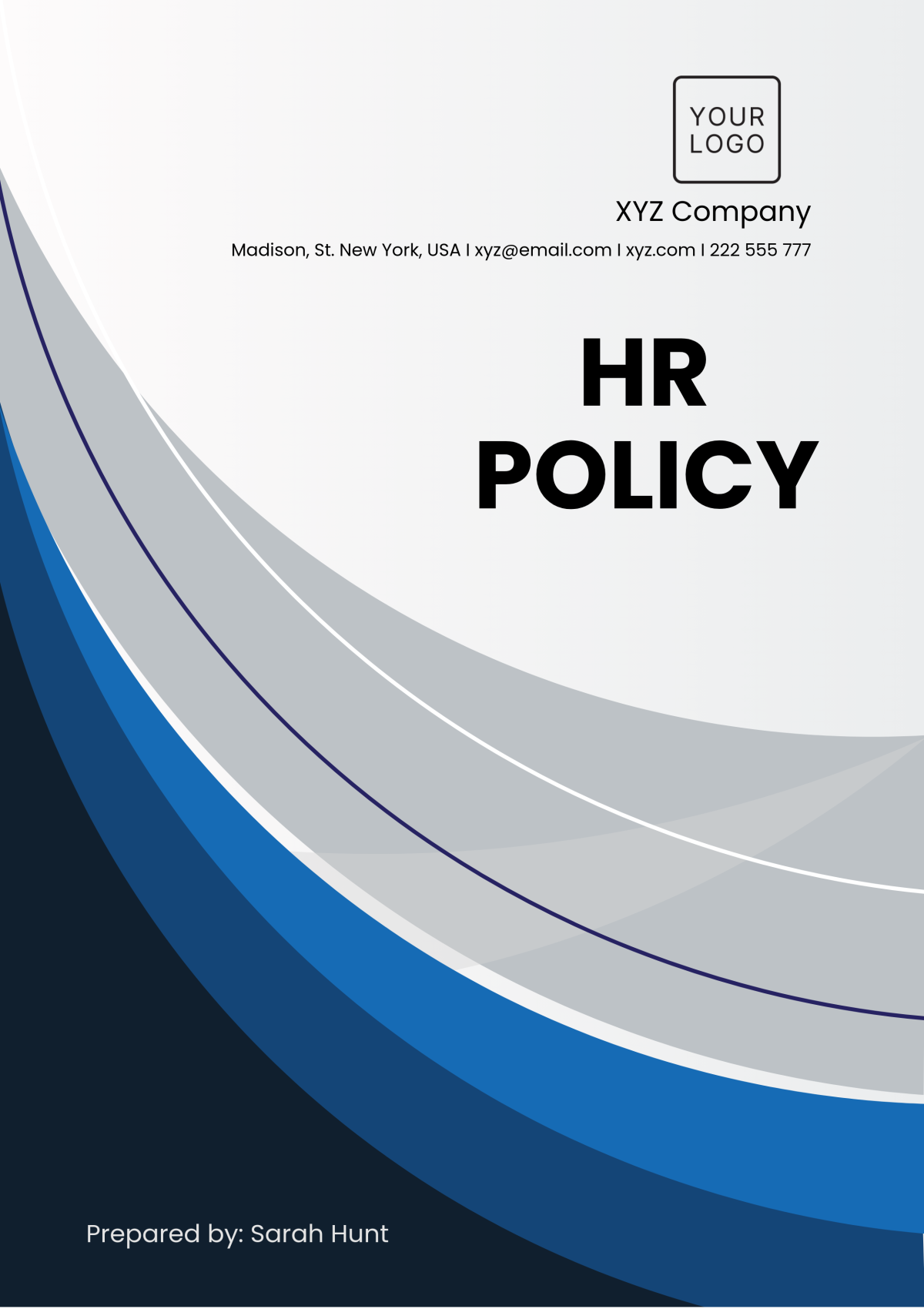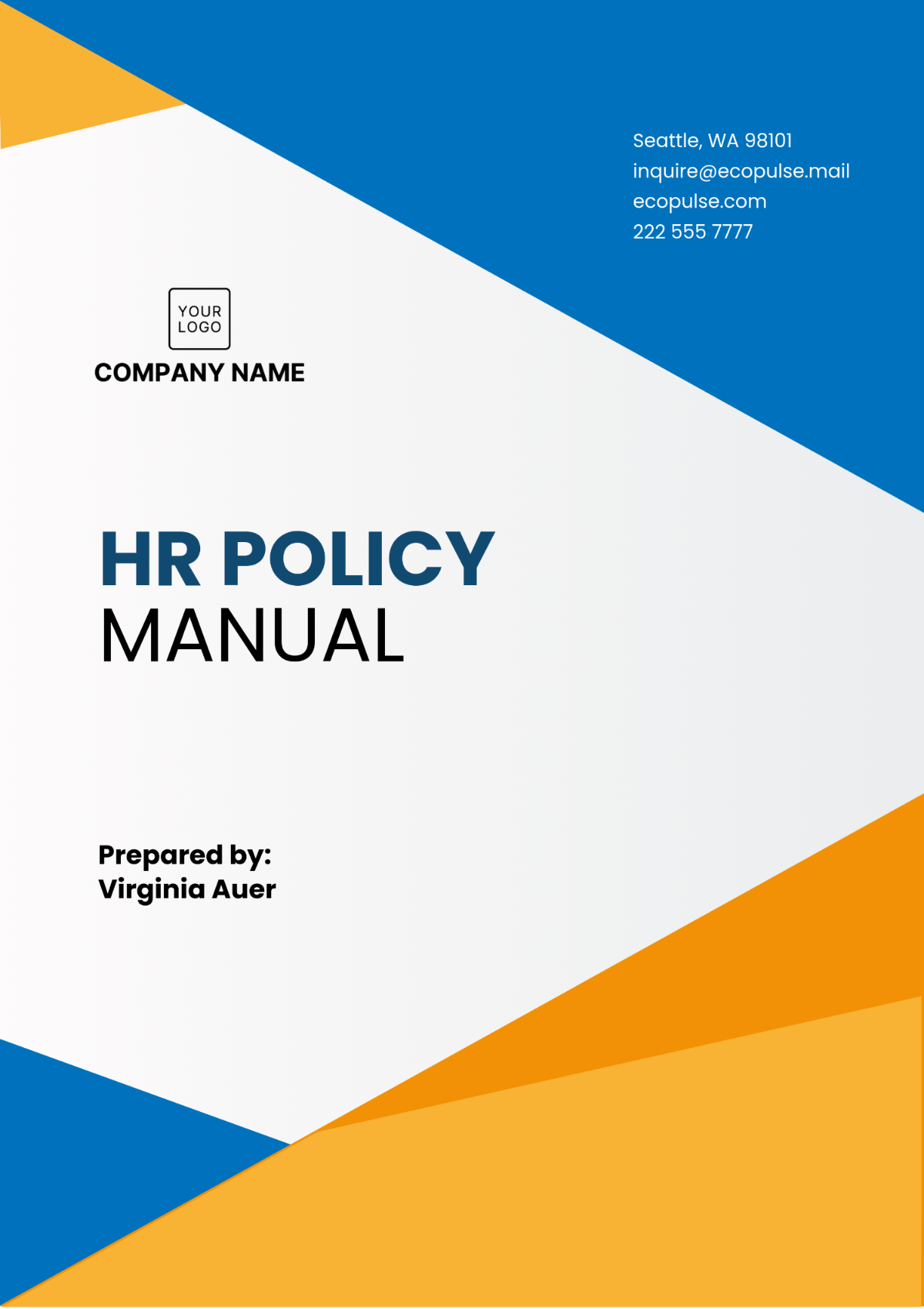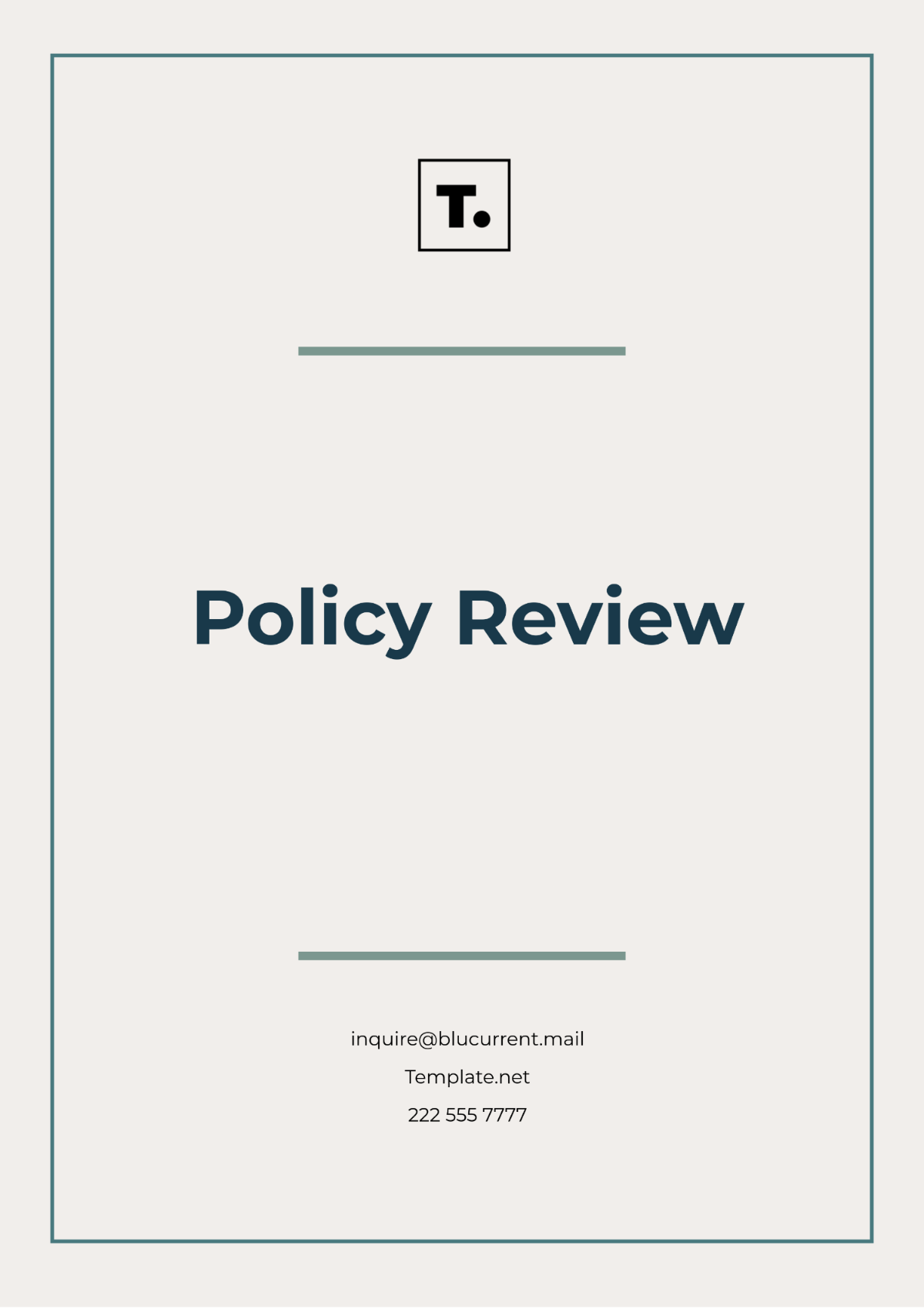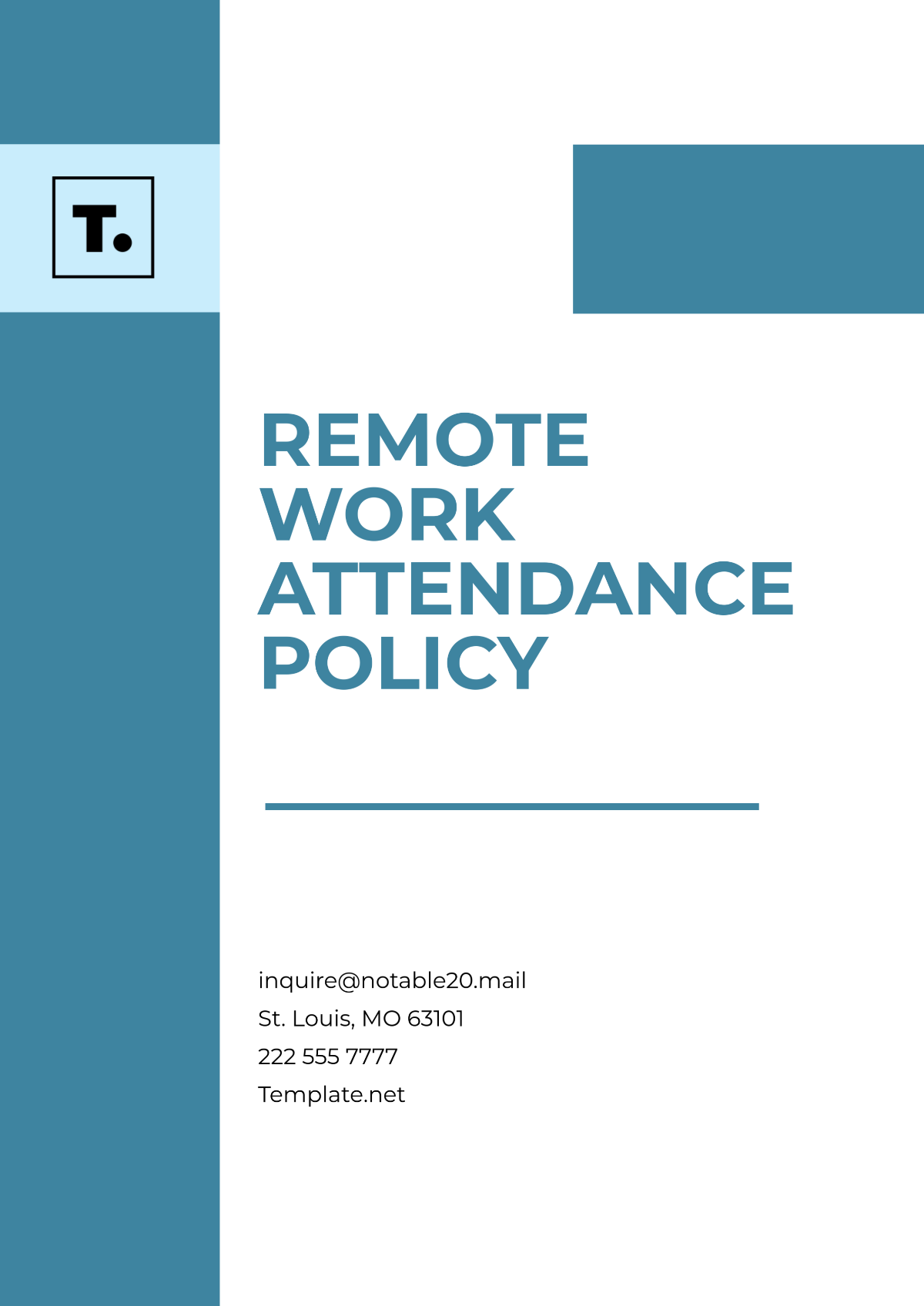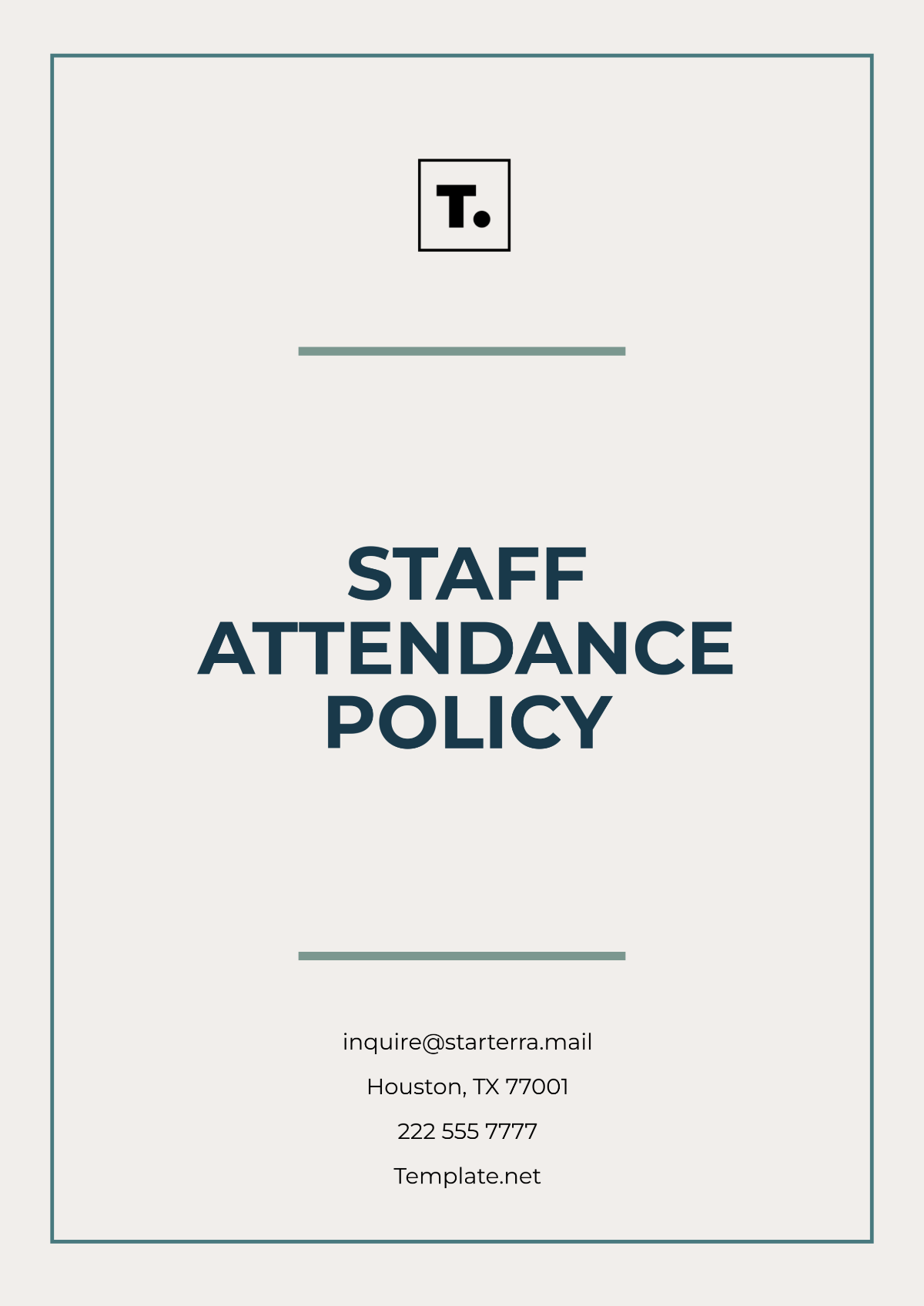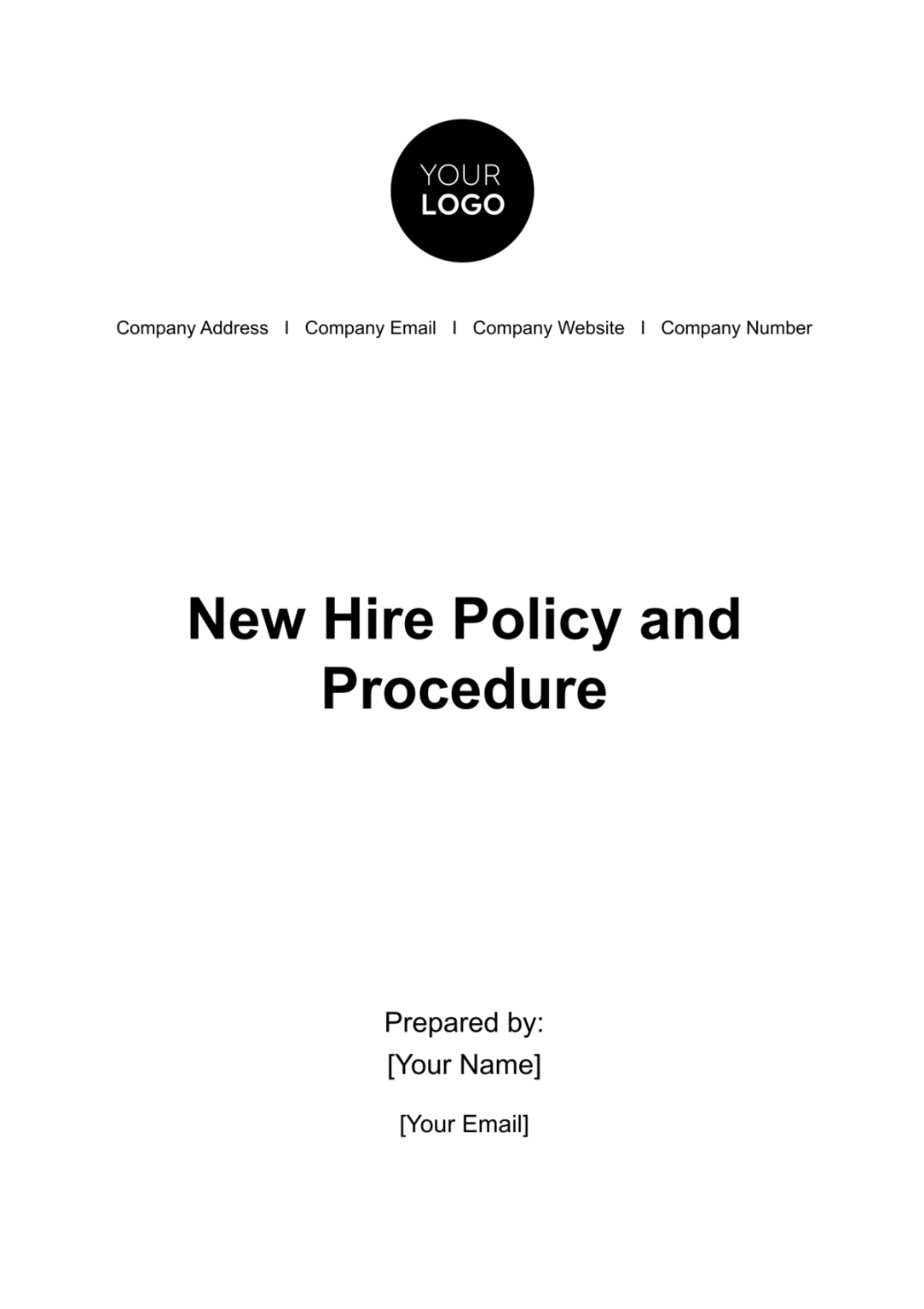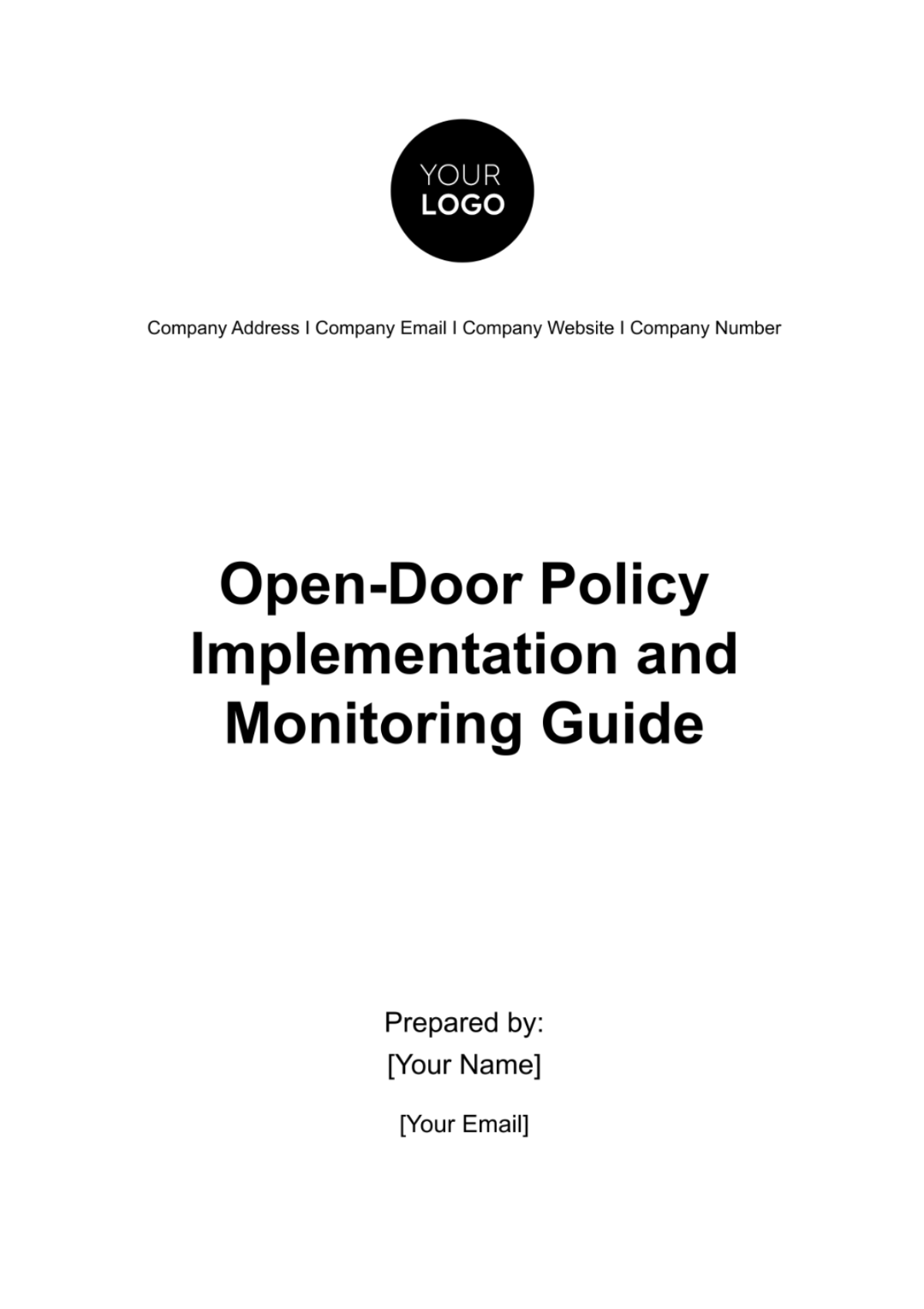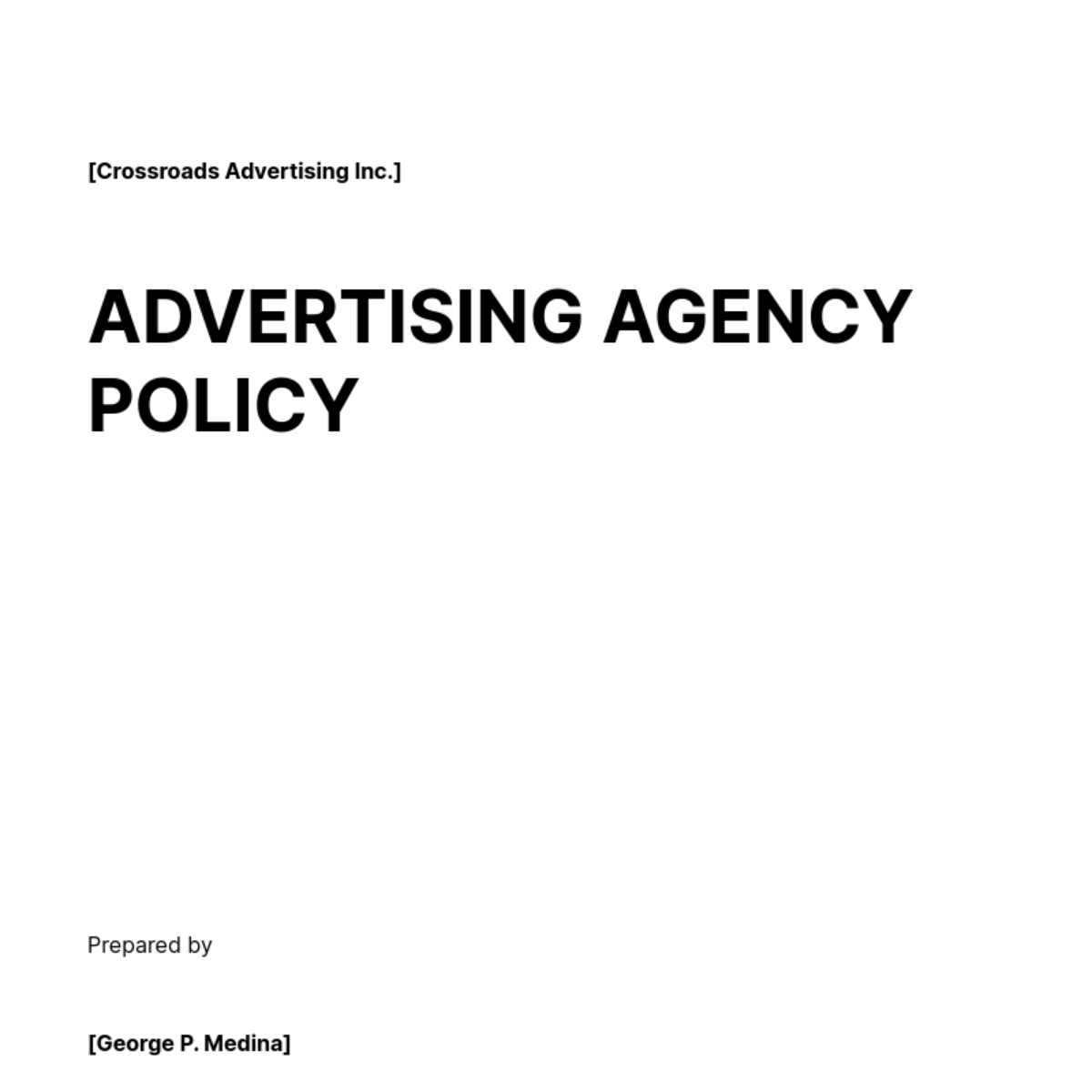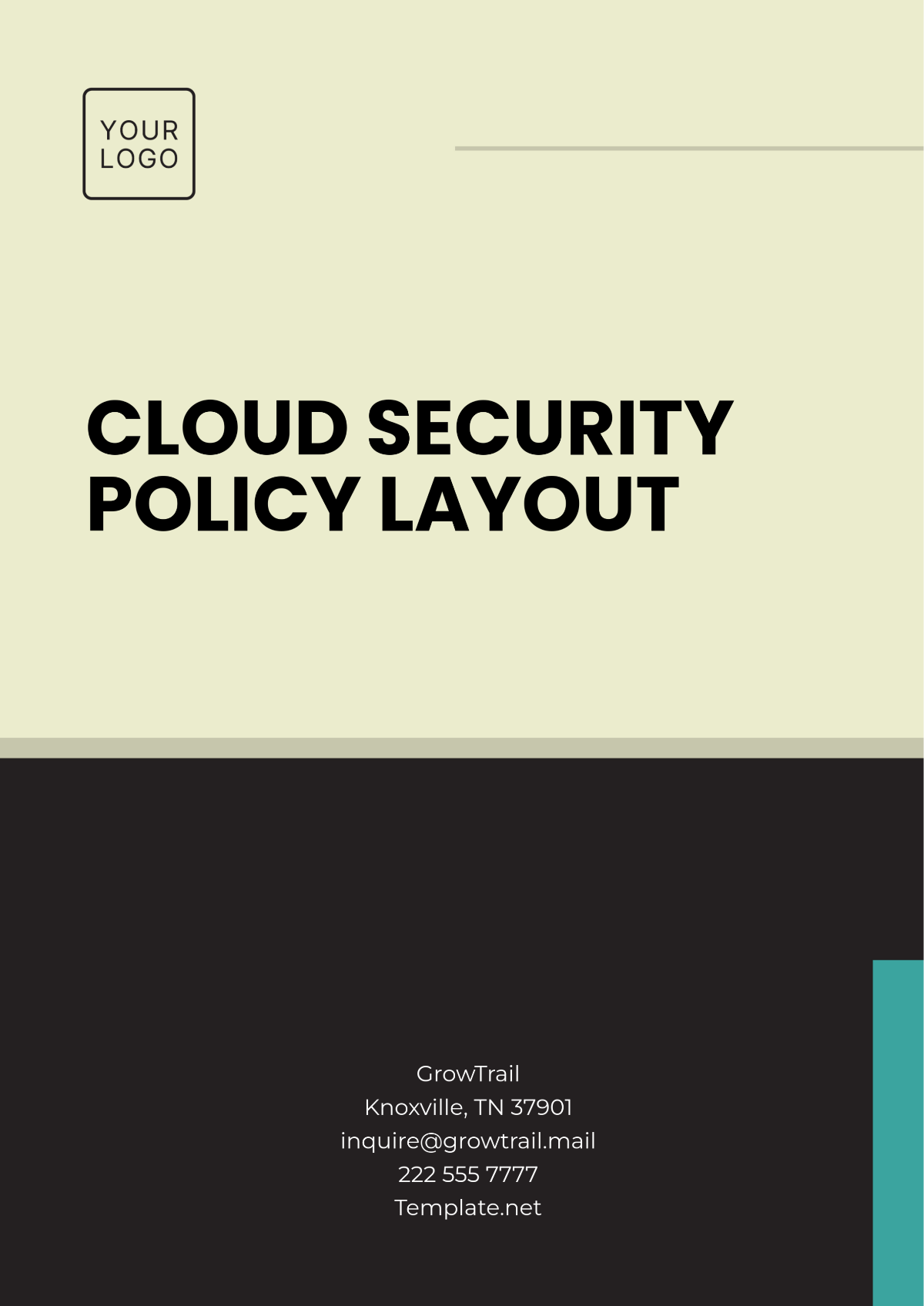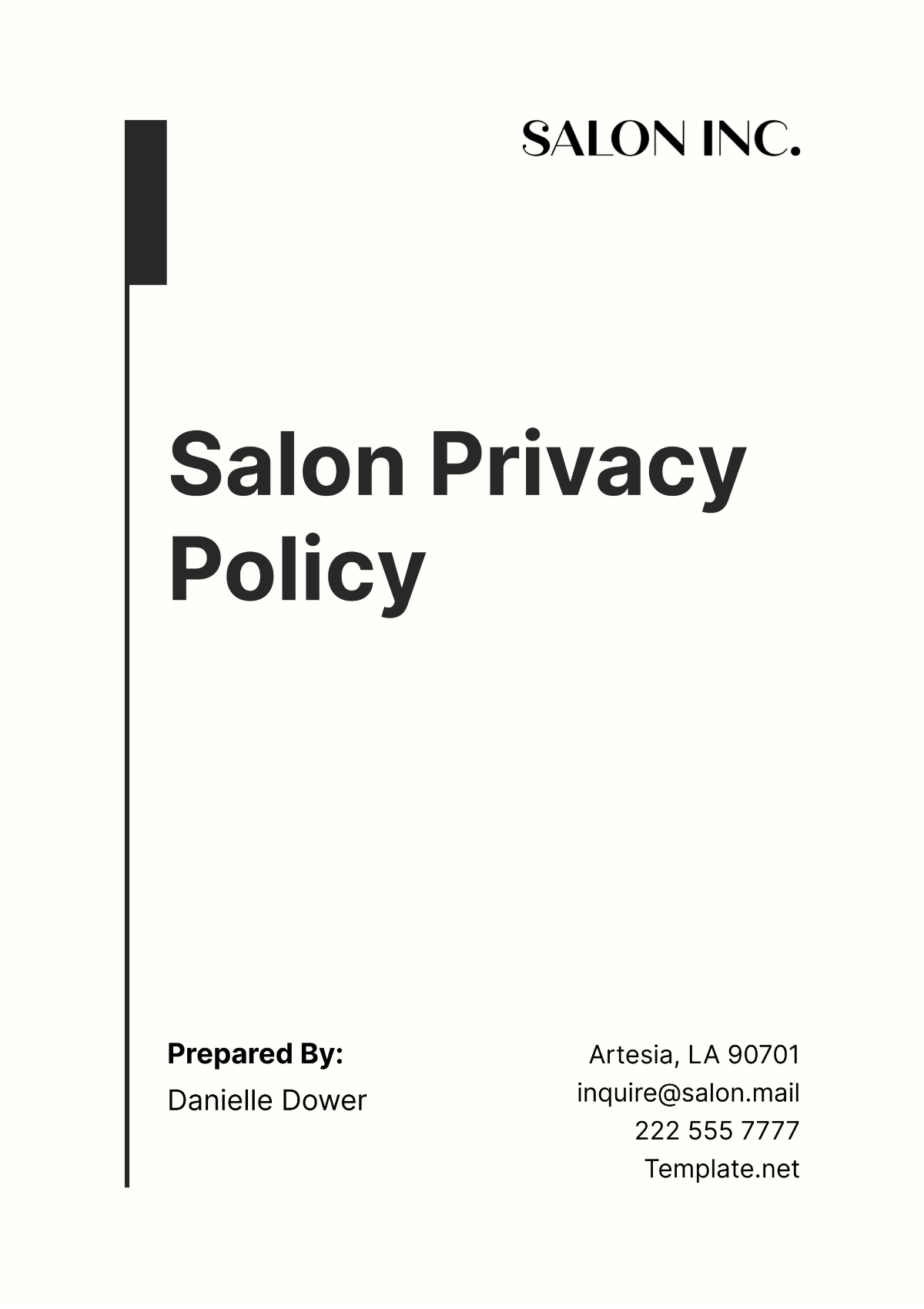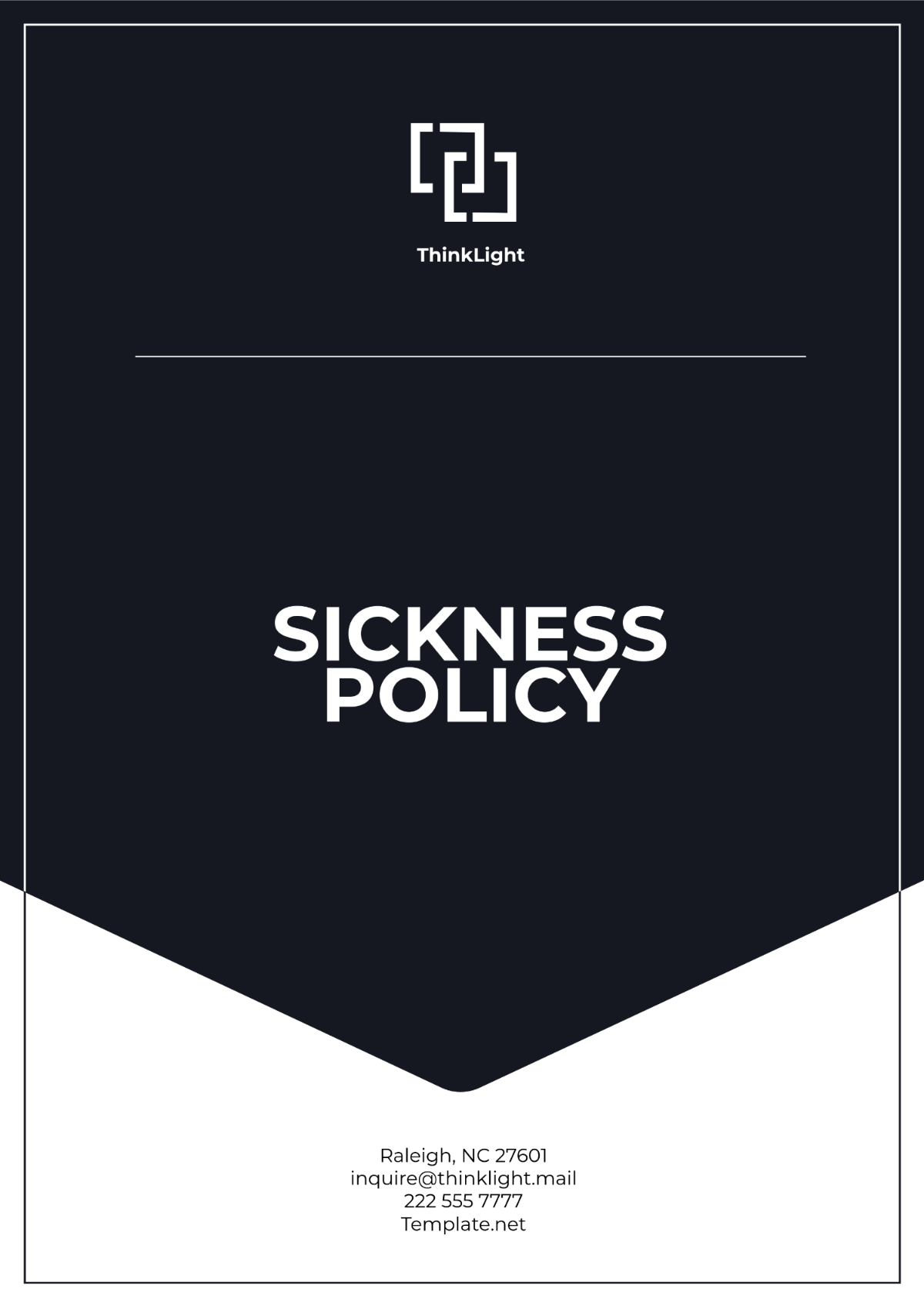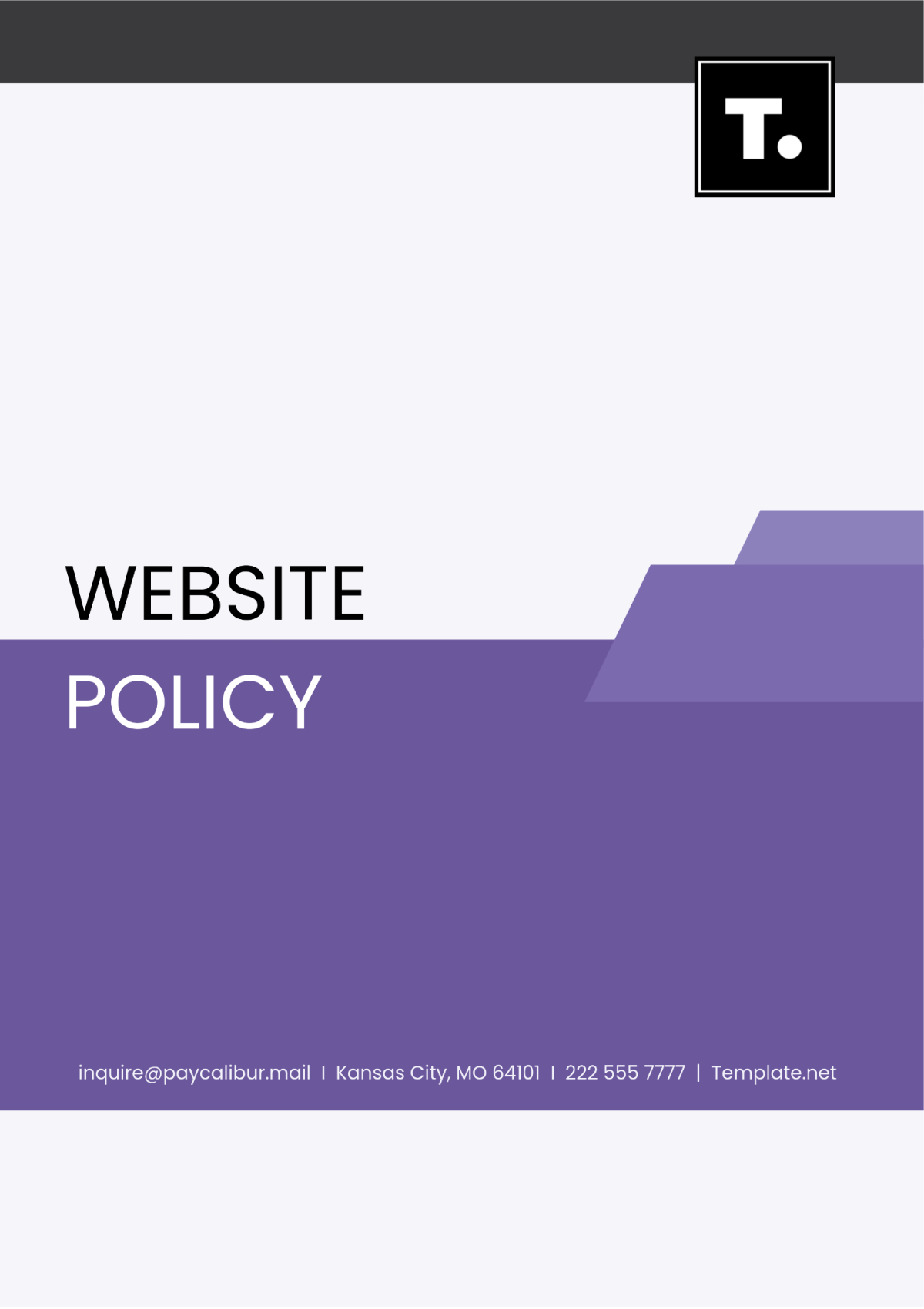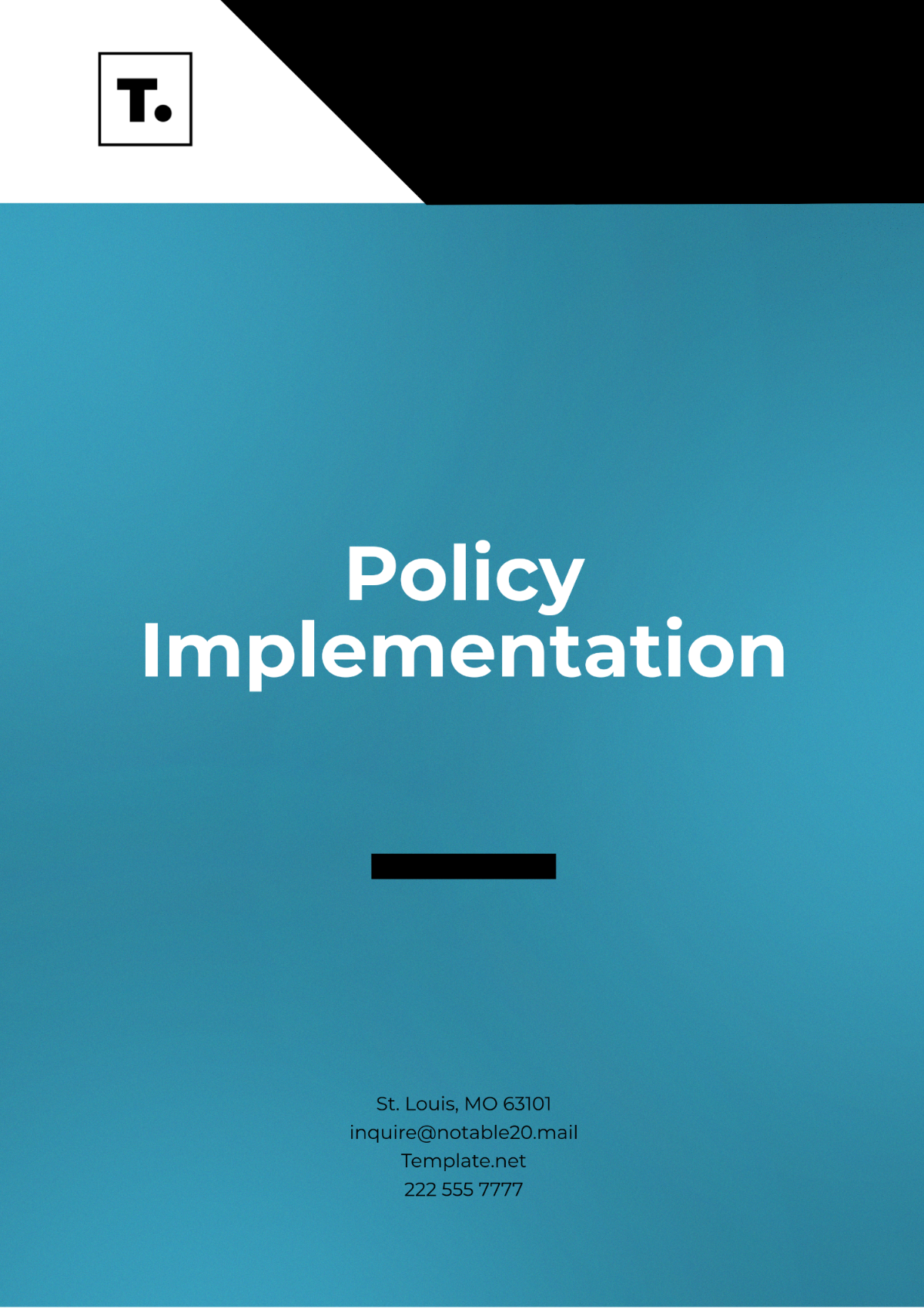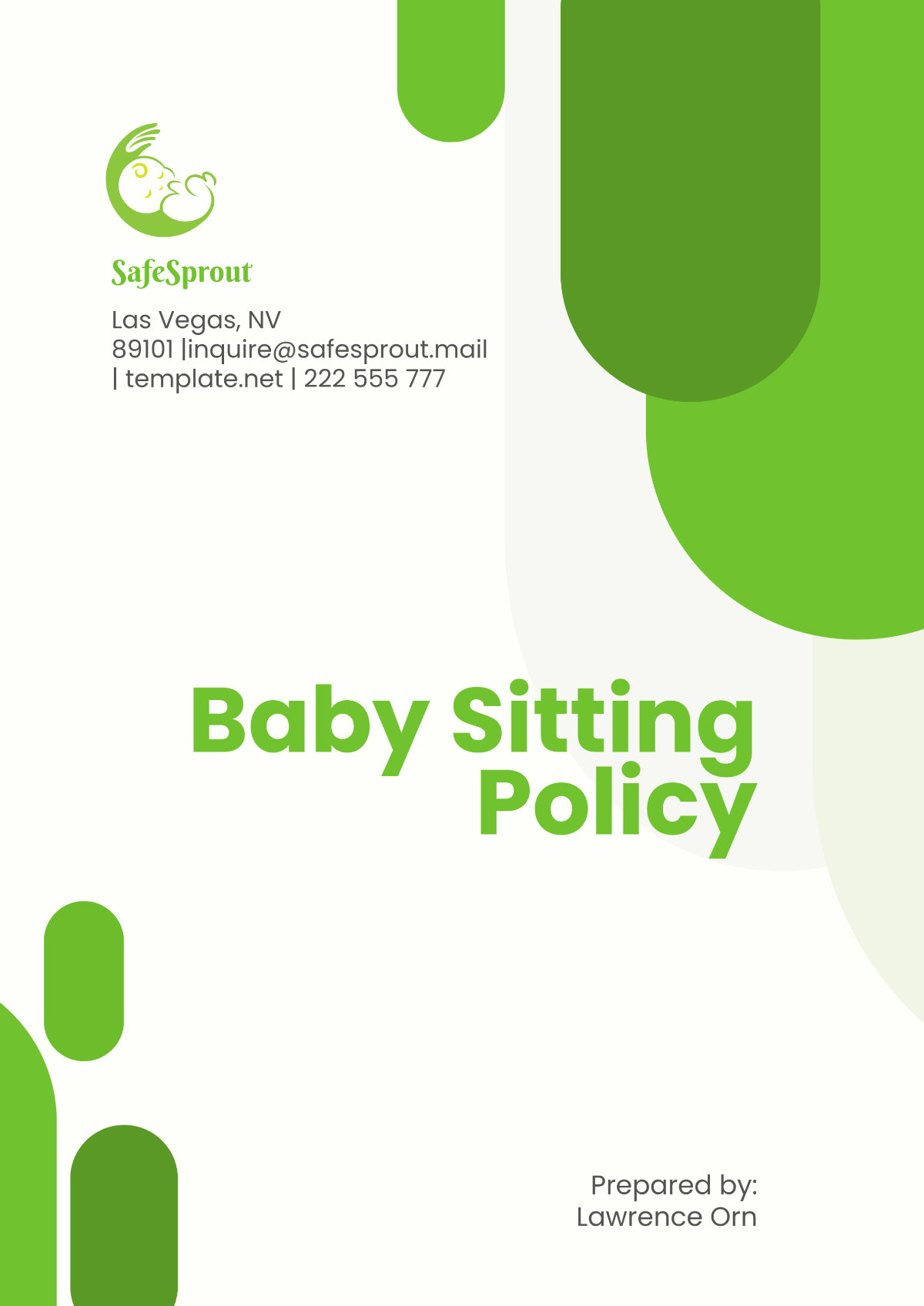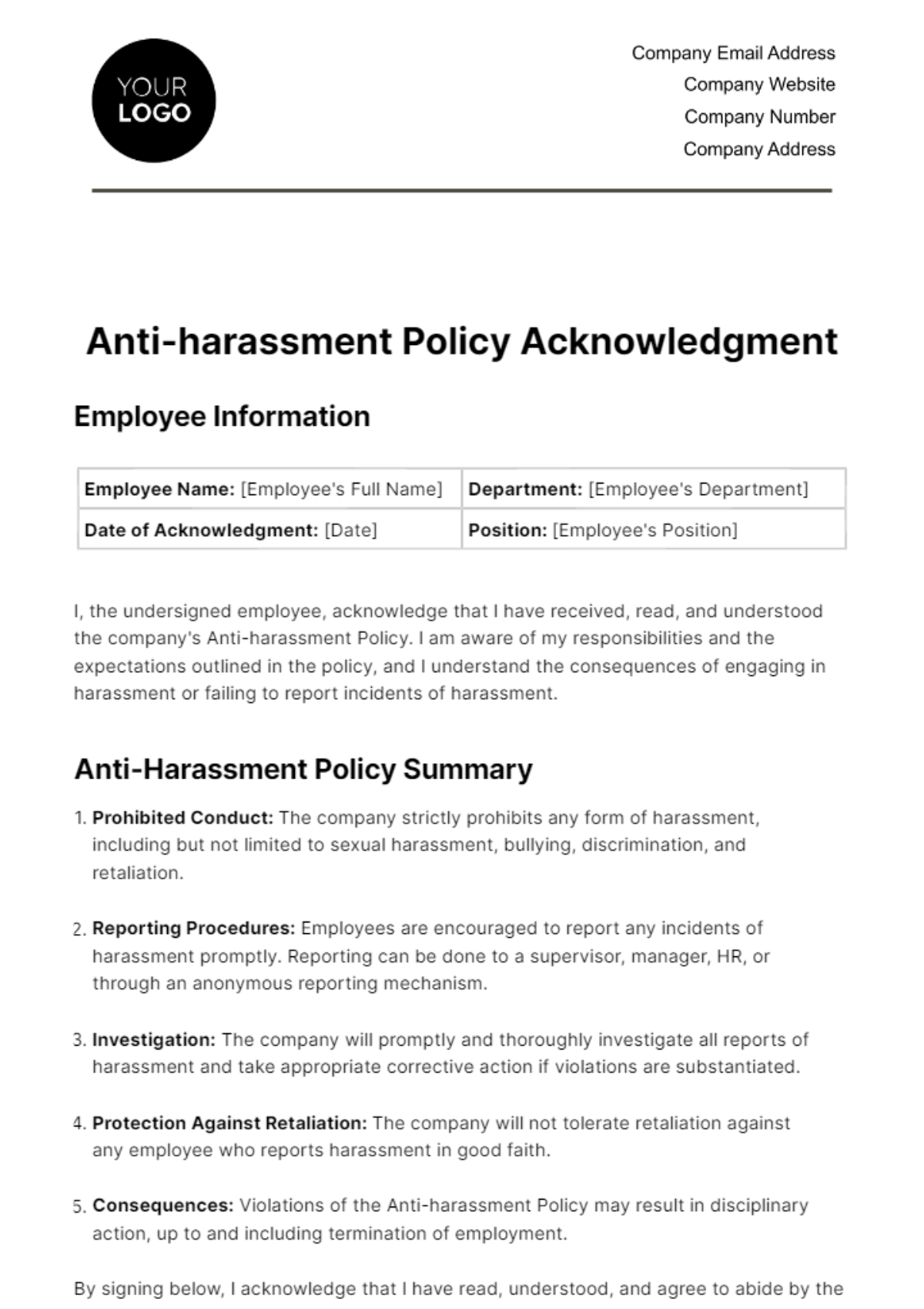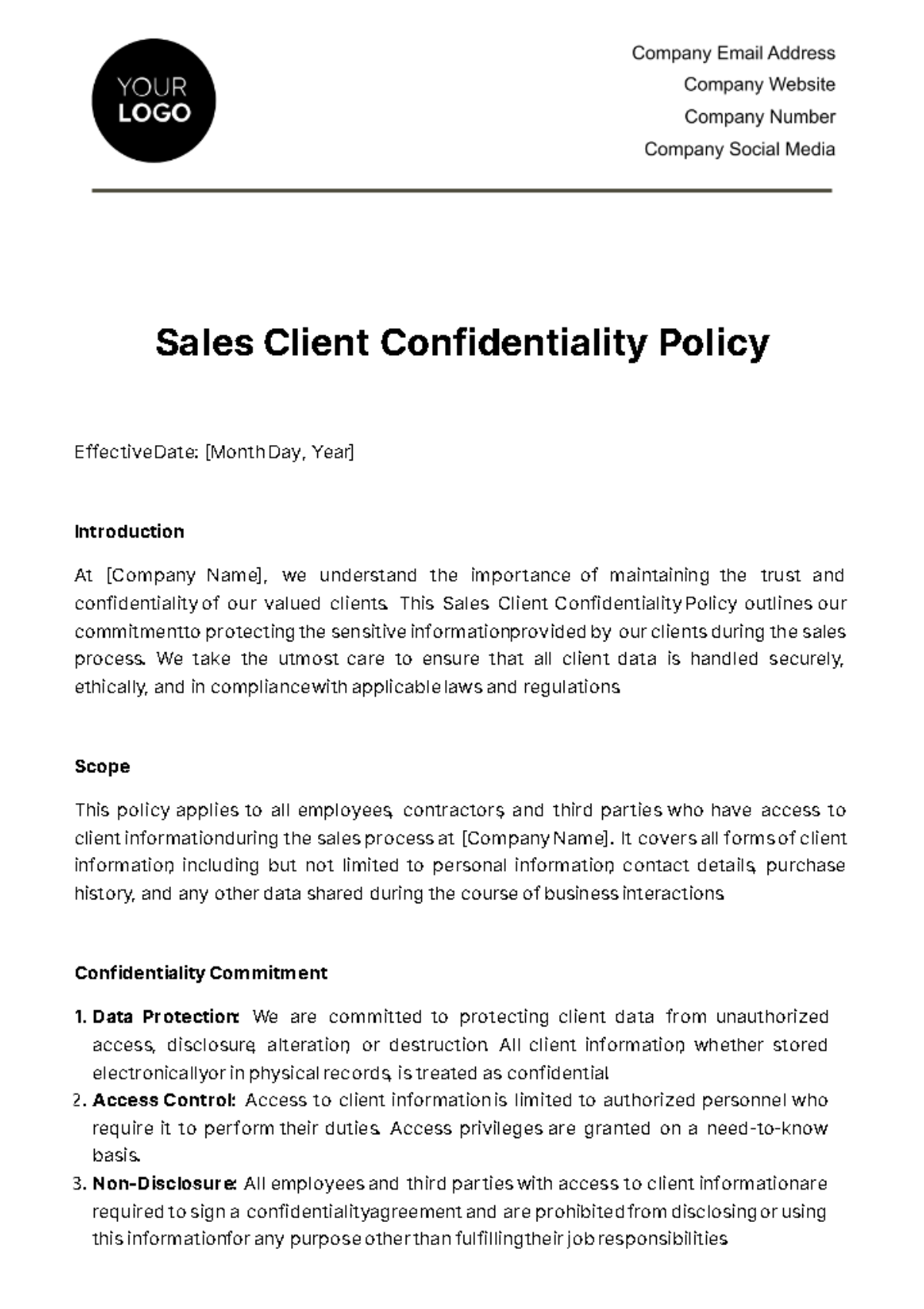Nursing Home Overtime Policy
I. Overtime Eligibility Criteria
At [Your Company Name], all non-exempt employees are eligible for overtime pay in accordance with applicable labor laws. Non-exempt employees are those who are subject to the overtime provisions of the Fair Labor Standards Act (FLSA). Employees eligible for overtime include, but are not limited to the following:
Certified Nursing Assistants (CNAs)
Licensed Practical Nurses (LPNs)
Registered Nurses (RNs)
Direct Care Staff
Nursing Supervisors
Shift Leaders
Medical Records Staff (if non-exempt)
Dietary Aides (if non-exempt)
Maintenance Staff (if non-exempt)
Housekeeping Staff (if non-exempt)
II. Overtime Pay Rate
Overtime pay will be compensated at a rate of one and a half times the employee's regular hourly rate for each hour worked beyond 40 hours in a designated workweek. Overtime rates will adhere to federal, state, and local regulations regarding minimum wage and overtime compensation.
III. Definition of the Workweek
The workweek for overtime calculation purposes at [Your Company Name] will begin at 12:00 a.m. on Sunday and end at 11:59 p.m. on Saturday. Overtime hours will be calculated based on hours worked within this designated workweek.
IV. Authorization Procedures
Pre-Approval Requirement: All overtime work must be pre-approved by a supervisor or manager before the employee begins working additional hours beyond their regular schedule.
Request Submission: Employees who anticipate the need for overtime hours should submit a request to their immediate supervisor or department head detailing the reason for the overtime and the expected duration.
Evaluation of Operational Needs: Supervisors or managers will evaluate the necessity of overtime work based on operational requirements, staffing levels, workload demands, and budgetary considerations.
Resource Allocation: In situations where overtime is necessary to meet operational demands, supervisors or managers will allocate resources accordingly to ensure the efficient completion of tasks or projects.
Consideration of Alternatives: Before approving overtime, supervisors or managers may explore alternative solutions, such as redistributing workload, adjusting schedules, or hiring temporary staff, to minimize the need for overtime.
Communication of Approval: Once approved, supervisors or managers will communicate the authorization for overtime to the employee, specifying the approved hours and any relevant instructions or expectations.
Documentation: All authorizations for overtime work, including the rationale and approval details, will be documented for record-keeping purposes.
Monitoring and Oversight: Supervisors or managers will monitor the utilization of overtime hours to ensure compliance with approved authorizations and to identify any patterns or trends that may require further action or adjustment.
Adherence to Policies: Employees are expected to adhere to the established authorization procedures and refrain from working overtime hours without prior approval, except in cases of emergency situations or unforeseen circumstances.
Consequences of Unauthorized Overtime: Failure to obtain proper authorization before working overtime hours may result in disciplinary action in accordance with company policies and procedures.
V. Recordkeeping Requirements
Accurate records of all hours worked, including regular hours and overtime hours, must be maintained for each employee. Employees are responsible for recording their hours worked accurately and submitting timesheets or utilizing the designated timekeeping system provided by [Your Company Name].
Accurate Time Tracking: Employees are responsible for accurately recording all hours worked, including both regular hours and overtime hours, using the designated timekeeping system or timesheets provided by the company.
Completion of Timesheets: Employees must complete timesheets or timecards on a regular basis, typically weekly or bi-weekly, to document their hours worked, including start and end times for each shift, break periods, and any overtime hours.
Submission Deadlines: Timesheets or timecards must be submitted to the appropriate department (such as Human Resources or Payroll) by the specified deadline, usually at the end of each pay period, to ensure timely processing of payroll and accurate recordkeeping.
Supervisor Approval: Timesheets or timecards may require supervisor approval to verify the accuracy of the recorded hours worked and to confirm compliance with company policies and procedures.
Retention of Records: The company will maintain records of employee timesheets, timecards, or electronic timekeeping records for the required retention period as mandated by applicable labor laws and regulations.
Accessibility of Records: Employees should have access to their own timekeeping records upon request for review and verification of hours worked.
Audit Trail: The company will maintain an audit trail of timekeeping records to track any modifications or adjustments made to employee hours and to ensure the integrity and accuracy of the records.
Confidentiality of Records: Timekeeping records will be treated as confidential and will only be accessed by authorized personnel for legitimate business purposes, such as payroll processing, compliance audits, or employee inquiries.
Documentation of Overtime: Overtime hours worked by employees must be clearly documented on timesheets or timecards, indicating the date, duration, and reason for the overtime, along with any applicable authorization or approval.
Compliance with Legal Requirements: The company will adhere to all legal requirements regarding recordkeeping of employee hours worked, including overtime, to ensure compliance with applicable labor laws and regulations.
VI. Compensatory Time Off Policies
In compliance with applicable labor laws, [Your Company Name] may offer compensatory time off (comp time) in lieu of overtime pay, provided that such arrangements are agreed upon by both the employer and the employee. Compensatory time off will be granted at a rate of 1.5 hours for each hour of overtime worked.
VII. Limits on Overtime Hours
To ensure employee well-being and compliance with labor regulations, [Your Company Name] imposes limits on the amount of overtime that employees are permitted to work within a given period. Overtime hours should be limited to the extent feasible, and efforts will be made to schedule additional staff or redistribute workload to minimize reliance on overtime.
VIII. Exceptions to the Overtime Policy
Exceptions to the overtime policy may be made in cases of emergency situations, critical staffing needs, or other unforeseen circumstances. Any exceptions must be approved by senior management or the designated authority and will be reviewed on a case-by-case basis.
Emergency Situations: In emergency situations, where immediate action is required to address critical issues or ensure the safety and well-being of residents or staff, overtime may be authorized without prior approval.
Critical Staffing Needs: In instances where unexpected staffing shortages occur due to unforeseen circumstances, such as illness, unexpected absences, or sudden increase in workload, overtime may be necessary to maintain adequate staffing levels and ensure continuity of care.
Unplanned Workload Demands: Overtime may be permitted to address temporary spikes in workload or to meet urgent deadlines for essential tasks or projects that cannot be reasonably accommodated within regular work hours.
Regulatory Compliance: Overtime may be required to address compliance-related matters, such as responding to regulatory inspections or conducting mandatory training sessions for staff to meet regulatory requirements.
Patient Care Continuity: In situations where continuity of patient care is paramount, such as during critical medical procedures or transitions between shifts, overtime may be authorized to ensure seamless care delivery and patient safety.
Unforeseen Circumstances: Overtime may be approved for unforeseen circumstances that require immediate attention or action and cannot be reasonably anticipated or planned for in advance.
Management Discretion: Exceptions to the overtime policy may be granted at the discretion of management or senior leadership based on the specific circumstances and operational needs of the nursing home.
IX. Notification Procedures for Overtime Opportunities
Employees will be notified of available overtime opportunities through established communication channels, such as email, bulletin boards, or direct communication from supervisors. Employees who wish to volunteer for overtime hours should express their interest to their supervisor or department manager.
Announcement Channels: Overtime opportunities will be communicated to eligible employees through designated announcement channels, such as email, bulletin boards, or internal communication platforms.
Advance Notice: Whenever possible, employees will be provided with advance notice of available overtime opportunities to allow sufficient time for scheduling adjustments and planning.
Open Availability Declaration: Employees interested in overtime opportunities are encouraged to declare their open availability to their supervisors or department heads, indicating their willingness to work additional hours as needed.
Voluntary Expression of Interest: Employees who wish to volunteer for overtime hours should express their interest to their supervisor or department manager, either verbally or in writing, indicating their availability and preferred shifts if applicable.
Fair Distribution: Overtime opportunities will be distributed fairly among eligible employees, taking into account factors such as seniority, skills, availability, and previous overtime assignments, to ensure equitable access to overtime work.
Transparent Communication: Supervisors or department heads will communicate overtime opportunities transparently, providing details such as the date, time, duration, location, and nature of the work involved, as well as any relevant compensation or incentive plans.
Consent Confirmation: Employees who express interest in overtime opportunities will receive confirmation from their supervisor or department manager regarding their assignment to work additional hours, along with any relevant instructions or expectations.
Regular Updates: Employees will receive regular updates regarding overtime opportunities, including any changes or cancellations, to keep them informed and facilitate effective planning and scheduling.
Respect for Employee Preferences: Whenever possible, supervisors will take into consideration employee preferences and availability when assigning overtime work, respecting individual work-life balance and personal commitments.
Feedback Mechanism: Employees are encouraged to provide feedback on the effectiveness of the overtime notification procedures and any suggestions for improvement to facilitate ongoing communication and collaboration.
X. Compliance with Labor Laws
[Your Company Name] is committed to ensuring compliance with all applicable federal, state, and local labor laws regarding overtime pay, minimum wage, and other related regulations. Any discrepancies or concerns regarding overtime pay should be promptly reported to Human Resources for investigation and resolution.
This Overtime Policy is subject to periodic review and may be updated or revised as needed to reflect changes in laws, regulations, or organizational needs. Employees are encouraged to familiarize themselves with this policy and seek clarification from Human Resources or their supervisor if they have any questions or concerns.



